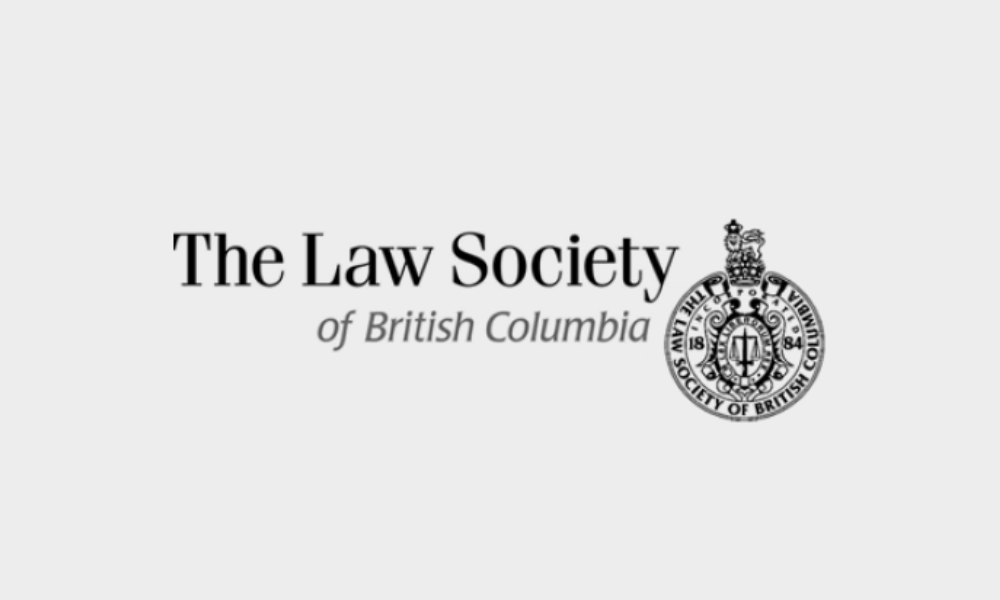Mitigating factors for length of suspension include lack of disciplinary history, risk of reoffense

The Law Society of British Columbia has suspended Kenseelan Gounden, a lawyer working for a courthouse library organization and for a professional regulator, for 16 months for professional misconduct, including the misappropriation of his employer’s funds.
The lawyer admitted in a panel hearing that, while serving as chief executive officer of the B.C. Courthouse Libraries Society, he had misappropriated money from his employer and had submitted to his employer numerous expense reimbursement claim forms, involving expenses such as parking, mileage, meals, hotel costs, airfare, ferry costs and taxi fare, that contained claims which were altered to reflect higher amounts than he had paid, or which did not relate to his employer’s business, or which had been previously submitted to another organization for reimbursement.
The amount involved was $3,524.99.
The lawyer admitted that his conduct amounted to either professional misconduct or conduct unbecoming the profession, and a hearing panel of the B.C. Law Society was tasked with determining under which category the lawyer’s conduct fell.
The panel decided that the lawyer’s conduct could appropriately be characterized as professional misconduct under s. 38(4) of the Legal Profession Act because he had done these activities in the course of his work as chief executive officer of the libraries society and as a practising lawyer with the College of Psychologists of British Columbia, and not in his private life. The panel likewise accepted the lawyer’s admission that his conduct constituted misappropriation.
The panel suspended the lawyer for 16 months beginning Mar. 1, which it considered to be a fair, reasonable and lengthy suspension which would fall within the range of penalties imposed in similar cases and which would neither bring the administration of justice into disrepute nor work against the public interest. This penalty would achieve a proper balance between the gravity of the lawyer’s misconduct and the mitigating circumstances, the panel decided.
The mitigating factors considered included the lawyer’s almost 30 years at the bar without any disciplinary history; his admissions, acceptance and remorse in relation to his misconduct; his full reimbursement of his employer; his traumatic history which had greatly affected his life; his efforts at rehabilitation through therapy; his submission of numerous letters of reference that consistently characterized him as an individual of integrity, good ethics and good morals; the restrictive practice conditions proposed; and the minimal risk of reoffending.










